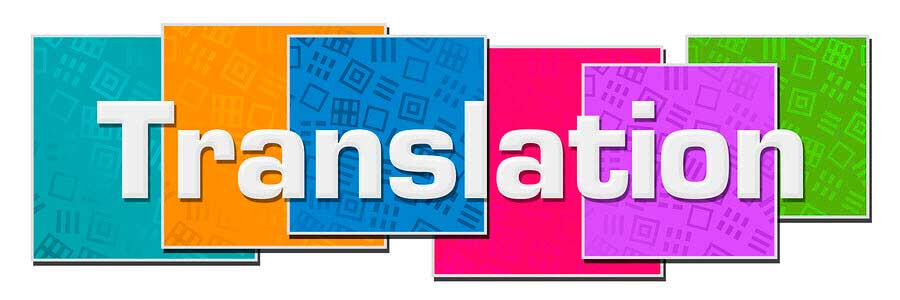The Signs of a Good Translator and a Good Translation

What is a Good Translation?
Translators often worry about their skills as professional translators and ask themselves “what is a good translation?” Here are four signs of what could be termed a good translation.
1. It must be Accurate
This might seem obvious, but the number of poor translations and mistranslations demonstrate that accuracy isn’t always a priority when it comes to translation. Just try and use Google Translate or any one of a number of automatic translation tools to see what happens when translation is done poorly. Words are used incorrectly. Sentences are botched. At the worst, the meanings of whole chunks of text are distorted.
You would expect this lower standard from automatic translation tools, but the number of times it is used is astounding. When commercial or government organizations skimp on the cost of professional translation, they are not going to get accuracy.
2. It must be Clear
Another obvious criterion, but often disregarded. Good translations are generally compiled by good translators. Unfortunately, good translators do not always have well-written text to translate. A good translator usually clarifies a poor original project. One of the reasons for this is that many writers do not understand how to write clearly themselves. Their sentences are too long. Their paragraphs are too long. Words may not fit the people who are going to read what is written. One of the skills of a good translator is to retain the meaning of the original text yet make it easier to read.
3. The Translated Material must seem Natural
One of the qualities of a good translator is to make sure that he or she reads through what has been translated several times afterwards. This is not just to proofread what has been written and make sure there are no spelling mistakes, typos and the like, but to ensure it sounds as natural as possible. It is easy for translations to appear stilted until they are redone so that it seems smooth and easy to read.
4. The Translation must be Geared Culturally to the Audience
One of the characteristics of a good translator that makes that translator stand out from the beginner or amateur is the ability to adapt the translation to the people who are going to read it. A poor translation is not just inaccurate, unnatural and unclear, but upsets or confuses its audience. It’s true that this is not so important for all types of content. A scientific translation, for instance, has more need for accuracy and clarity than cultural adaptation. The term usually used for adapting a translation so that it is appropriate for its intended audience is localisation.
What Makes a Good Translator?
When asking what makes a good translation, the obvious answer is a good translator! But what exactly are the characteristics of a good translator? Here are four to consider that are definitely important.
1. Mastery of both the Target and Original Languages
This is the most obvious skills of a good translator. The translator must be fluent in the pair of languages that he or she works in. One of the languages is going to be his or her native language and the other the target language. Mastery means being able to understand the nuances of the language as well as impeccable vocabulary and grammar.
2. Experience in one or more fields of Translation
Translators are rarely generalists. They specialize in one or more fields. There are legal translators, marketing translators, scientific translators and literary translators, just to mention a few. One of the qualities of a good translator is that they have experience in the particular field of translation they work with. Medical translators, for example, who have spent time in the medical field, are going to make better medical translators than those who know nothing about medicine.
3. Integrity
Translators often work with the highly confidential material. It may be legal documents, business documents and correspondence or personal financial documents. Clients need to know that when they provide documents for translation that they can trust the translators and translation agencies to be totally confidential.
4. Timeliness
One of the marks of a good translator is the ability to estimate how long it is going to take to translate content and give a deadline for its completion. This sort of skill is not something that is easy to acquire and only comes with experience with many different translation projects.
How to Be a Good Translator
What sorts of tips are available to help someone discover just how to be a good translator?
For a start, the translator does need to know their chosen languages well. It helps to have spent time in a country or community where the chosen target language is spoken as good translation is just as much about understanding the culture of the people content is translated for as the accuracy of the language itself. There are many ways to extend your language skills: watching news, documentaries and films; listening to the radio; joining clubs where people tend to speak the language you are working with. These are simple and easy ways that can show you how to be a good translator.
The budding professional translator should find a specialist niche they can pursue. This is often something they have already had experiences with, such as a scientific field or a business background. Each translation branch has its own terminology and language which must be acquired. This takes work, practice and experience.
Listen to those who proofread your translations. It doesn’t matter how many times you read through your own translations, it’s hard to know just what sorts of mistakes you are making without feedback.
There are more and more tools to help translators with their work. The art of translation is changing as fast as many other aspects of human endeavour, but there is a danger of being left behind unless you keep abreast of every new development.

